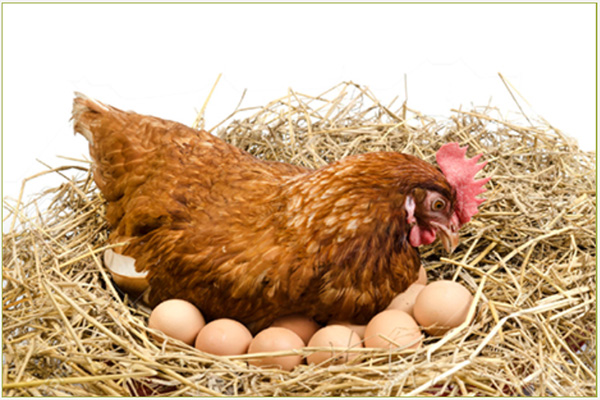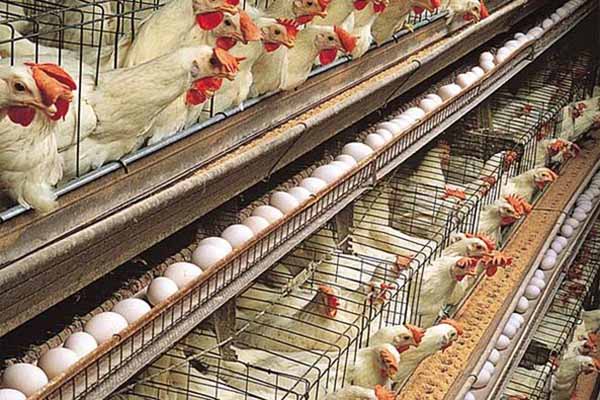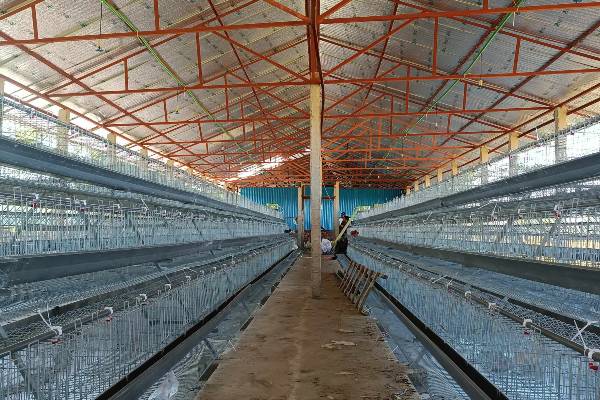Optimizing Chicken Equipment Operation Training in Uganda: Where to Begin
Time : 2025-04-25
Hey there, fellow poultry enthusiasts! If you’re in Uganda and looking to get the most out of your chicken equipment operation training, you’ve come to the right place. Whether you’re a small-scale farmer or part of a larger operation, the right training can make all the difference. Let’s dive into where you should start and how to make the most of your training.
Understanding the Training Landscape in Uganda
First things first, let’s get a lay of the land. Uganda has a vibrant poultry industry, and there are numerous training programs available. But where do you start? Here are some key points to consider:
1. Research Local Training Providers
Start by doing some research. Look for local training providers that specialize in poultry equipment operation. Check out their websites, social media profiles, and ask around in agricultural communities. Word of mouth can be incredibly valuable in Uganda.
2. Visit Training Centers
Once you’ve compiled a list of potential training providers, it’s time to visit their centers. This will give you a firsthand look at their facilities, equipment, and teaching methods. A well-equipped center is a good sign that you’ll receive high-quality training.
3. Seek Recommendations
Reach out to other poultry farmers and industry professionals. They can provide you with personalized recommendations based on their own experiences. Don’t be afraid to ask for specific feedback on training programs they’ve attended.
The Essentials of Chicken Equipment Operation Training
Now that you know where to look for training, let’s talk about what you should expect to learn:
1. Proper Equipment Handling
One of the most crucial aspects of training is learning how to handle and maintain your chicken equipment properly. This includes understanding the different types of feeders, waterers, and ventilation systems, as well as how to clean and sanitize them to prevent disease.
2. Biosecurity Best Practices
biosecurity is a top priority in poultry farming. Training should cover how to prevent the spread of diseases among your chickens, including proper hygiene practices, vaccination schedules, and managing visitors to your farm.
3. Nutritional Management
A well-nourished chicken is a happy and productive chicken. Your training should cover the basics of nutritional management, including feed formulations, feeding schedules, and the importance of balanced rations.
4. Egg Production Techniques
For those focusing on egg production, training should delve into the intricacies of managing laying hens, from setting up the right environment to maximizing egg production and quality.
Where to Find High-Quality Training Programs
Now that you know what to look for in a training program, let’s explore some options:

1. Government-Sponsored Programs
The Ugandan government has several programs aimed at supporting the poultry industry. Look for initiatives like the Uganda Poultry Improvement Program (UPIP) or the Agricultural Transformation Trust Fund (ATTF), which may offer training scholarships or subsidies.
2. Private Sector Providers
<p有许多私营部门提供高质量的鸡肉设备操作培训。这些机构通常有更灵活的课程安排,可能更适合你的时间表和预算。
3. International Organizations
International organizations like the World Bank, USAID, and FAO often collaborate with local partners t o offer training programs. These programs can be particularly beneficial if you’re looking for up-to-date, international best practices.
o offer training programs. These programs can be particularly beneficial if you’re looking for up-to-date, international best practices.
Maximizing Your Training Experience
Once you’ve found a training program that suits your needs, here are some tips to make the most of your experience:
1. Be Open to Learning
Remember, this is an opportunity to learn new skills and gain valuable knowledge. Approach the training with a positive attitude and be open to new ideas.
2. Take Notes and Ask Questions
Make sure to take detailed notes during the training and don’t hesitate to ask questions. Clarifying doubts and understanding the material will help you apply what you’ve learned effectively.
3. Seek Ongoing Support
After completing your training, continue to seek support from your trainers and peers. Joining poultry farmer groups or forums can provide ongoing advice and networking opportunities.
Conclusion
Investing in chicken equipment operation training in Uganda is a smart move for any poultry farmer. With the right training, you can improve the efficiency and profitability of your operation. Remember to research your options, be open to learning, and stay connected with the poultry community. Happy farming!
training in Uganda is a smart move for any poultry farmer. With the right training, you can improve the efficiency and profitability of your operation. Remember to research your options, be open to learning, and stay connected with the poultry community. Happy farming!











